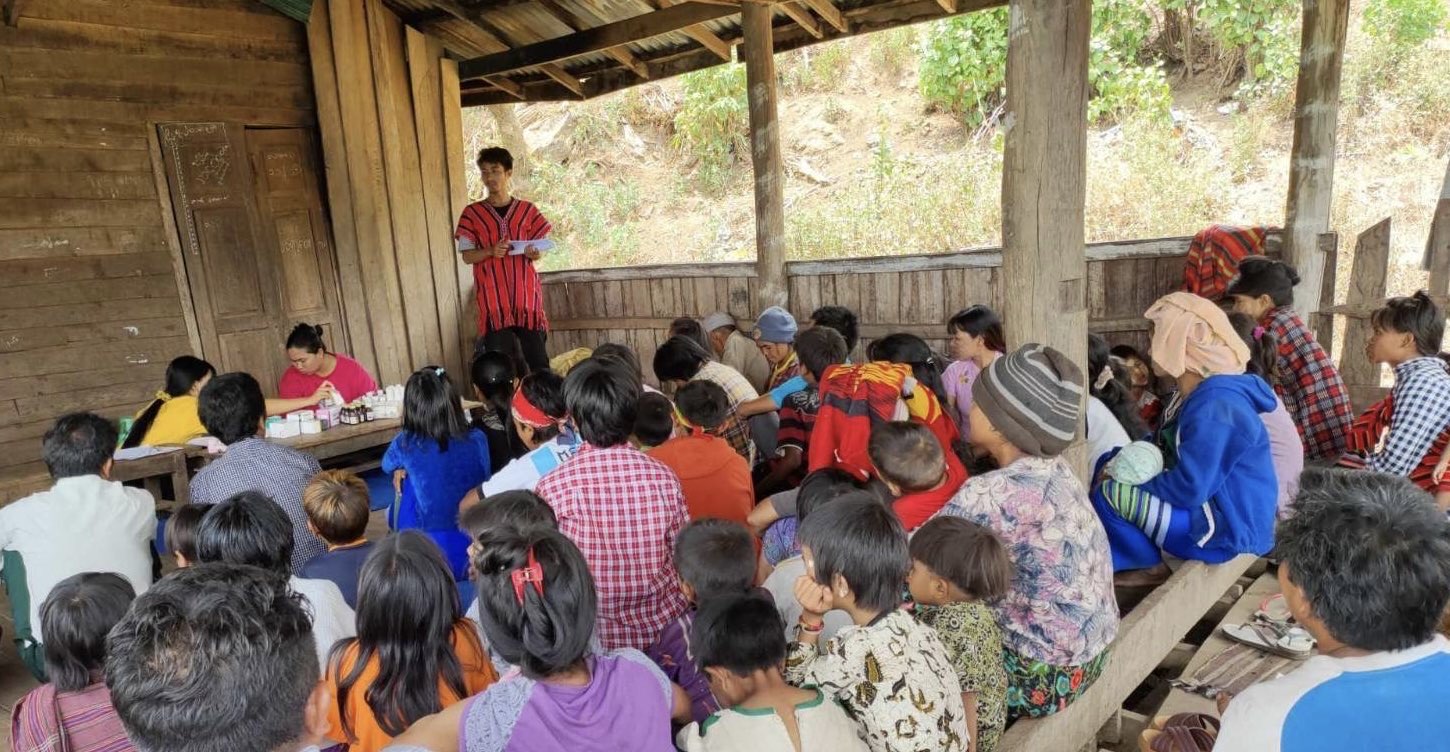FLEEING BURMA WHERE LIFE IS AT RISK
AND LIBERTY CURTAILED (The statement of Burmese nationals on Guam seeking asylum in the USA)By Rev. Dr. Hre Kio Burma: Burma, placed between Bangladesh, India, China, Laos and Thailand, with a land mass of 261,789 square miles, (678,033 sq km) known as “the rice bowl of Southeast Asia” in the early 1900s, got its

